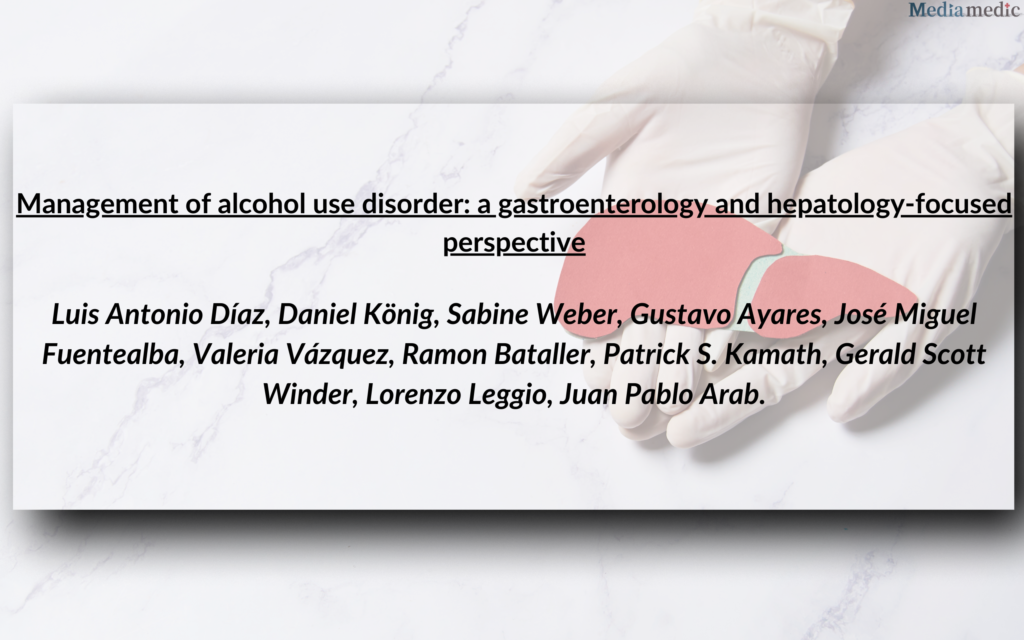
Alcohol use disorder remains a leading but preventable cause of morbidity and mortality worldwide, with profound implications for chronic liver disease. Yet, despite its significant burden, clinicians often face challenges in assessing and managing alcohol intake effectively.
This recent Lancet Gastroenterology & Hepatology review highlights the importance of standardized tools like the Alcohol Use Identification Test (AUDIT) and alcohol biomarkers such as phosphatidylethanol in identifying and quantifying alcohol consumption. Non-pharmacological interventions, including cognitive behavioral therapy, motivational enhancement therapy, and twelve-step facilitation, are effective even in patients with advanced liver disease.
When considering pharmacological treatments, factors such as liver disease severity, comorbidities, and medication safety profiles should be carefully evaluated. The study strongly supports integrated multidisciplinary care teams as the ideal approach to managing alcohol use disorder in patients with alcohol-related liver disease.
With alcohol-related liver disease on the rise, it is crucial to strengthen early identification, intervention, and comprehensive care strategies to improve patient outcomes.
Read more: https://lnkd.in/ezpvyAzj


